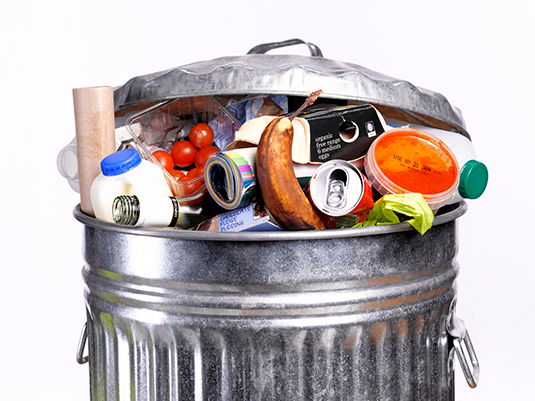February 11, 2020
DEP Milestones: It’s 1975,
Counties Given Responsibility to Plan Solid Waste Management

So you tighten the belt on your robe and exchange your slippers for your sneakers, and head out the door to drag your trash can to the curb.
You already separated the glass and plastics, the paper and cardboard – and put them aside for recycling day. And that half-empty paint can has been safely stored until you can get rid of the paint in it.
You don’t think twice about what you’ve put in the garbage can or what you haven’t – it’s just a habit.
But it always hasn’t been that way. Not so long ago, when folks were finished with something, no matter what it was, they simply tossed it in the trash.
Then, New Jersey decided to define exactly what solid waste is – and isn’t. Solid waste, according to New Jersey Administrative Code, is defined as any garbage, refuse, sludge, processed or unprocessed mixed construction and demolition debris, such as wallboard, plastic, wood or metal.
There are, of course, exceptions – including some recyclables; dredged materials from New Jersey’s coastal or tidal waters; and non-decomposable, inert solid such as rock, soil, gravel and more.
So how does New Jersey get rid of its solid waste?
Fifty years ago, the state Legislature commissioned the then-Department of Environmental Protection and Energy to regulate solid waste disposal. Five years later, in 1975, the legislature took additional steps to figure out who would be responsible for planning solid waste management.
And now, a look at 1975 …
The state Legislature in 1975 establishes a solid waste management system that gives counties the primary responsibility for planning of solid waste management, in accordance with DEP environmental regulations.
The counties were responsible for developing and implementing detailed plans to meet recycling and disposal goals. Municipalities were responsible for local recycling and regular waste collection. The then-DEPE was responsible for certifying the county plans, as well as making permit decisions for solid waste facilities, and registering and licensing waste haulers and facility operators.
###